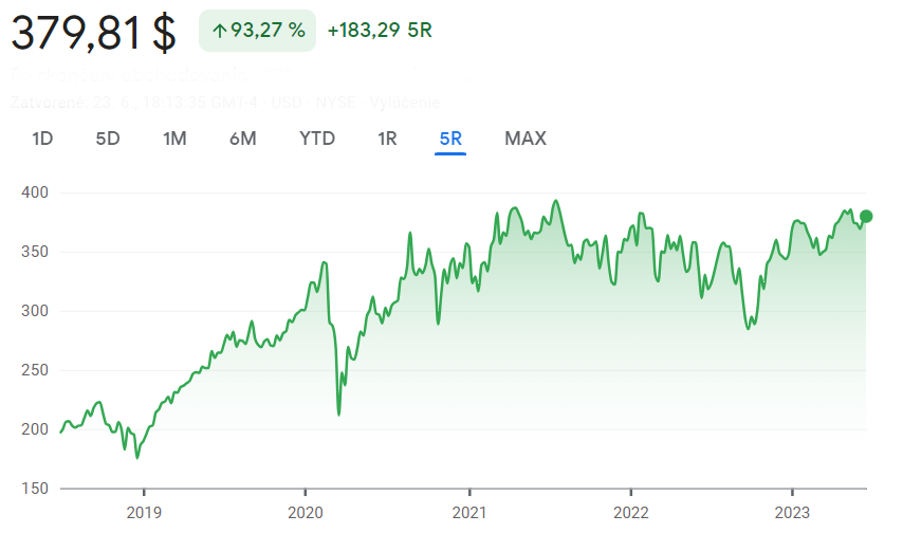Ajay Bhalla, chairman of cyber and intelligence at Mastercard Inc, in partnership with HSBC Holdings Plc's eight UK branches, invited banks around the world to join the effort to save plastic. Banks should provide card recycling facilities for their customers. As part of the project, Mastercard will provide HSBC with shredding machines capable of processing 10,000 cards, which will be transferred to a plastic recycling facility when full.
There are billions of payment cards in circulation
We could say that such a small piece of plastic does not add up. If we look at it from a global perspective, every adult in today's digital payment age owns at least one card. Since the world is full of adults, the amount of debit and credit cards in circulation is high. In the first six months of the project, customers will be able to recycle any card, including those of competing payment companies. Jose Carvalho, Head of Wealth and Personal Banking at HSBC UK, sees the pilot project as the basis for long-term plans. Mastercard currently has around 3.1 billion cards in circulation with an average life of around five years, according to the company. In total, there are more than 26 billion cards in circulation around the world, according to the Nilson report, and this could rise to 28.4 billion by 2027.

Mastercard's stock performance over the past five years. (Source: Google) *
Development of value
Mastercard shares on the stock exchange have been green for the past 5 years.* The favourable development in the long term has not been altered by the pandemic and other negative factors related to the energy crisis and the rise in inflation. On the contrary, it is the pandemic that has encouraged a faster and more pronounced switch to digitalisation and promoted online shopping, all via shopping cards.
Batteries will also be recycled
One aspect of the current growth trend in electric vehicles is the massive production of batteries and the provision of stable material sources. According to some activists, despite its green potential, the industry has a significant environmental impact. Which is why ACE Green Recycling, a US company specialising in lead-acid battery recycling, has announced its partnership with Hakurnas Lead Works, an Israeli company defined by zero greenhouse gas emissions. ACE Green's technology does not melt metals, but operates at room temperature and relies solely on electricity, representing a significant advancement in the modernization of the industry. Together, they plan to create capacity to recycle 50 thousand tonnes of lead-acid batteries per year at plants in Israel and Romania, with operations starting towards the end of this year. This project will generate up to USD 60 million per year through lead metal sales. In December, ACE Green entered into a 15-year agreement with global mining company Glencore, signaling a long-term collaboration in battery recycling and responsible resource use.
Olivia Lacenova, principal analyst at Wonderinterest Trading Ltd.
* Past performance is no guarantee of future results